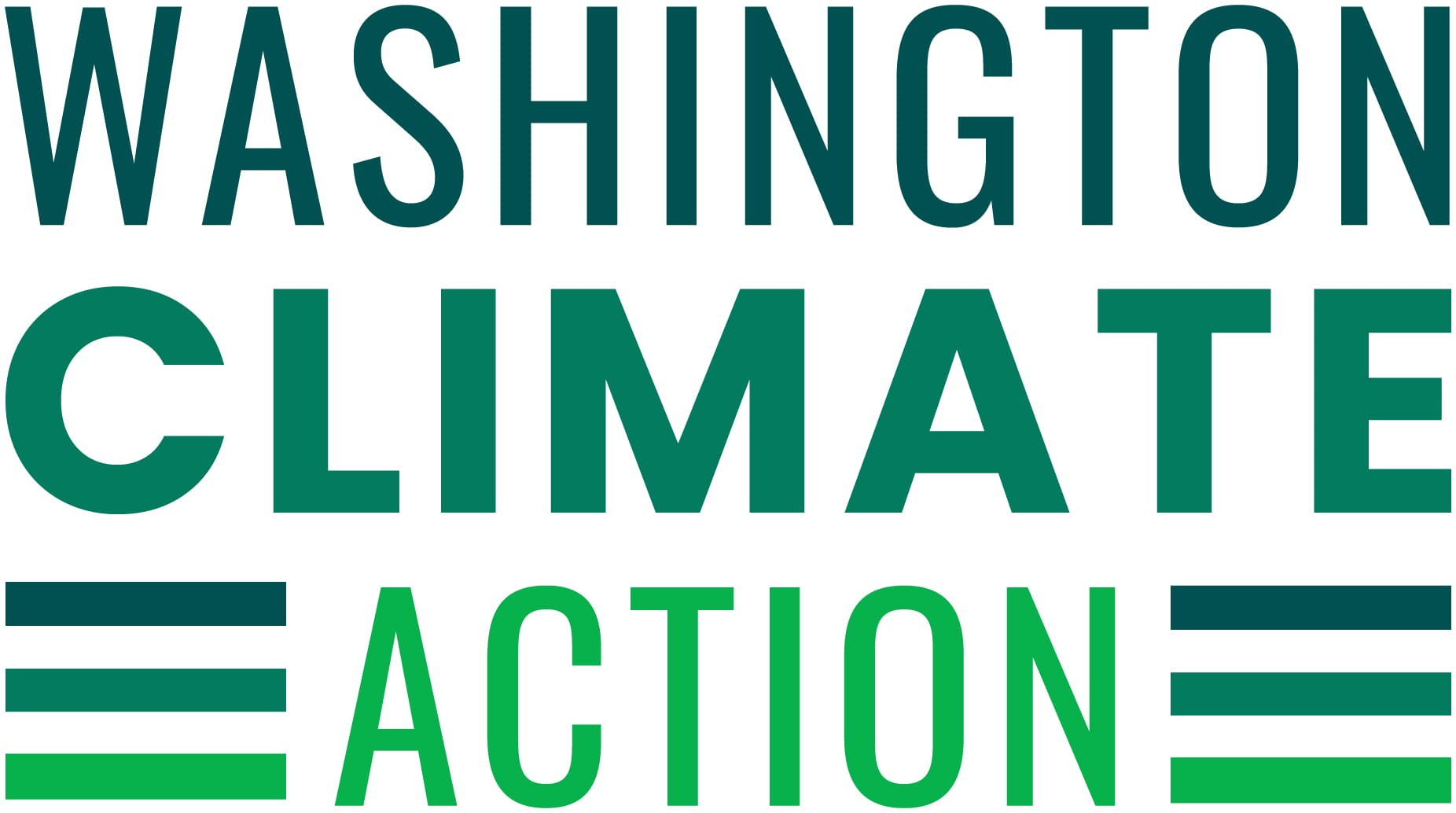Dedicated readers of this column know that my preferred climate policy is a federal price on carbon, with the revenue returned to the people in equal shares. We don’t have that yet (we came very close to getting it through Congress in 2022), but we do have the federal Bipartisan Infrastructure Law1 and the Inflation Reduction Act2 (IRA), which are spending hundreds of billions of dollars subsidizing various climate change solutions. Now, Initiative 2117 threatens to take away our Climate Commitment Act funding.
CCA background
The Climate Commitment Act3 (CCA) is the foundation of Washington State’s climate policy. Rather than give the revenue from a price on carbon to the people, it uses it to pay for actions that reduce carbon emissions and increase resilience to climate change.4 So, it uses both carrots (subsidies for climate solutions) and sticks (auctions for a decreasing number of permits required to use fossil fuels).
Carbon pricing
The CCA has been attacked by Washington Initiative 21175 which, if passed by voters in November, would prohibit any form of carbon pricing. The motivation for the initiative was the relative rise in Washington State fuel prices6 in 2023, which seemed to coincide with the first permit auctions in early 2023. Washington State motor fuel remains about 25 cents per gallon more expensive than in Oregon, which lacks carbon pricing.
Yes, most motorists are acutely aware of the price of fuel, which is prominently displayed at every gas station. And many bought heavy vehicles, assuming fuel would remain cheap, even though the price has always fluctuated by a dollar per gallon due to seasonality in demand and global market conditions.
As the number of carbon permits decreases7 according to the CCA legislation, we can expect the price of Washington fuel to continue to increase. Carbon pricing is an important mechanism for driving down fossil fuel use in Washington State, as it reduces fuel use through reduced travel (think shorter road trips and bicycles used for short commutes and local transit) as well as choice of vehicle. Subsidies, such as from the IRA, actually encourage more driving.8
Emissions reduction
But carbon pricing is only one of the ways the CCA works to drive down emissions. The revenue from permit auctions is used in a variety of ways. It aims to subsidize or completely pay for actions that drive down emissions, increase or at least sustain natural removal of carbon from the atmosphere,9 and build resilience to climate impacts.
In 2023, the Washington State legislature appropriated $2.1 billion in CCA revenues10 for the 2023–2025 biennium. Of that, almost half of the revenue is for clean transportation:
- 5000 new public electric vehicle charging stations11
- electric vehicle rebates for low income families12
- support for zero-carbon school buses and commercial vehicles and charging
- electrification of trains and ferries
- free public transit for youth under 18
- bike paths and safer street crossings
Additionally, 15% of the CCA revenues are for clean buildings:
- heat pumps
- heat pump water heaters
- induction stoves
- energy efficiency subsidies for low-income housing, small businesses, and public buildings
And finally, there is 10% for clean energy subsidies, and 8% for forest preservation, health and resilience to wildfires, and reducing methane emissions from dairy farms and landfills.9
Impact of Initiative 2117
If I-2117 is approved by voters in November, all of the CCA funding goes away. So, all of those actions that drive down emissions, sustain natural removal of carbon from the atmosphere, and build resilience to climate impacts lose their funding.
If you value those actions and the carbon pricing in CCA that will incentivize both vehicle travel reductions and preferences for low-carbon vehicles, vote NO on I-2117, and make sure your friends and family do, too!
Sources:
- whitehouse.gov/briefing-room/statements-releases/2021/11/06/fact-sheet-the-bipartisan-infrastructure-deal
- drexel.edu/nowak-lab/publications/newsletters/2023/inflation-reduction-act
- governor.wa.gov/sites/default/files/2023-10/How_CCA_invests_in_WA.pdf
- ecology.wa.gov/about-us/who-we-are/news/2024-news-stories/draft-climate-resilience-strategy
- washingtonstatestandard.com/2024/05/20/wa-decides-initiative-2117-to-repeal-the-climate-commitment-act
- www.gasbuddy.com/charts
- ecology.wa.gov/air-climate/climate-commitment-act/cap-and-invest
- cambridge.org/core/services/aop-cambridge-core/content/view/49D99FBCBD6FCACD5F3D58A7ED80882D/9781108479370AR.pdf/The_Citizen_s_Guide_to_Climate_Success.pdf
- cdn.prod.website-files.com/5faf8a950cdaa224e61edad9/65d785ad0408dd34946a44d1_SCC%20CCA%20funding.pdf
- governor.wa.gov/sites/default/files/2023-10/How_CCA_invests_in_WA.pdf
- commerce.wa.gov/news/commerce-awards-over-85-million-to-expand-electric-vehicle-charging-across-washington-state
- commerce.wa.gov/growing-the-economy/energy/electric-vehicles/ev-instant-rebate-program
Climate scientist Steve Ghan leads the Tri-Cities Chapter of Citizens Climate Lobby.


